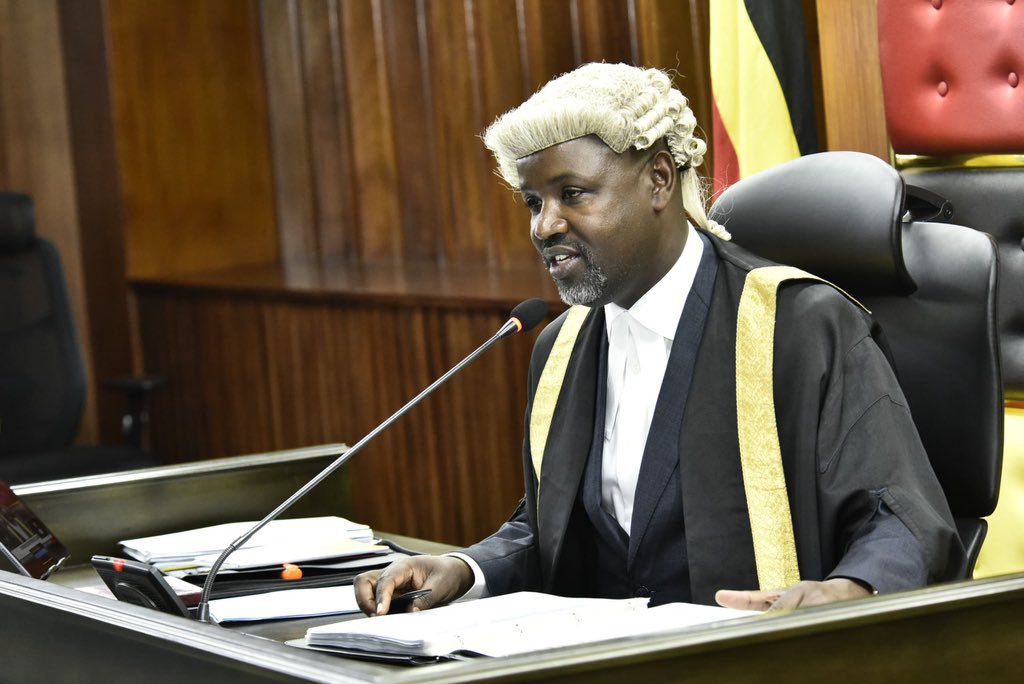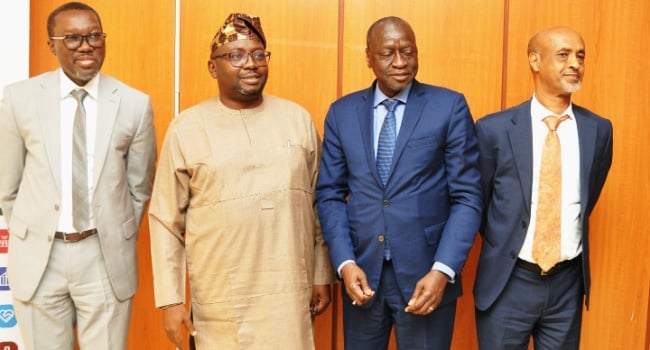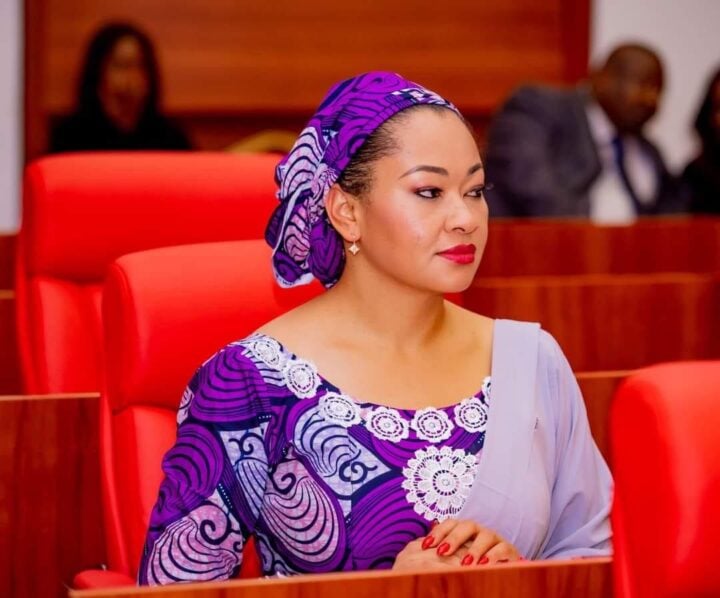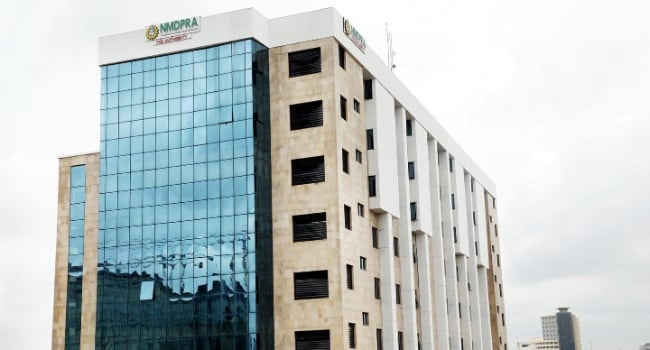MISA URGES PRESIDENT HICHILEMA TO REJECT CONTROVERSIAL CYBER BILLS OVER HUMAN RIGHTS CONCERNS

Recent events in Uganda and Zambia highlight growing concerns over government actions and their potential impact on democracy and civil liberties. In Uganda, allegations of bribery within Parliament have surfaced, while in Zambia, proposed cybersecurity legislation is raising alarms about human rights violations.
Ugandan Parliament in Uproar Over Alleged Presidential 'Gift'
On April 9, 2025, Uganda's Parliament was thrown into turmoil following reports that Members of Parliament (MPs) each received Shs 100 million from President Yoweri Museveni. The controversy erupted during a plenary session when Opposition MP Hon. Muwanga Kivumbi demanded clarification from Speaker Thomas Tayebwa regarding the alleged payments. These payments were purportedly intended to thank MPs for passing the controversial Coffee Amendment Bill last year and to encourage support for the upcoming UPDF Amendment Act, which seeks to reinstate the operations of the Court Martial, a move previously outlawed by the Supreme Court.
Deputy Speaker Tayembwa vehemently denied the allegations, stating that Parliament had not approved any such donation. He cautioned MPs against involving the House in their personal dealings and warned that those who leaked the information to the media could damage the institution's reputation. Despite the Deputy Speaker's attempts to shut down the debate, the issue has raised serious questions about transparency and the potential for executive influence within the legislative branch.
MISA Urges Zambian President to Reject Cyber Bills
Meanwhile, in Zambia, the Media Institute of Southern Africa (MISA) has called on President Hakainde Hichilema to reject two controversial cyber-related bills passed by Parliament on March 31, 2025. MISA and other civil society groups fear that the Cyber Security Bill and the Cyber Crimes Bill could enable mass surveillance and violate civil liberties.
In a letter to President Hichilema on April 5, 2025, MISA Zambia Regional Governing Council Chairperson Jeremias Langa emphasized the need to balance cybersecurity measures with human rights protections. MISA has consistently expressed concern over the bills' scope, particularly Section 21 of the Cyber Security Bill, which proposes establishing a central monitoring center. The organization also highlighted clauses that allow police to intercept communications, enter private premises, and seize data without adequate judicial oversight.
MISA has called for clear legal safeguards, including time-bound, purpose-specific interception warrants and independent judicial oversight mechanisms, stressing the vulnerability of journalists, lawyers, activists, and political opponents under the proposed laws. The organization has urged President Hichilema to delay signing the bills into law until these human rights deficiencies are addressed.
Concerns Over Government Overreach
These events in Uganda and Zambia underscore a growing concern about government overreach and the need for greater transparency and accountability. Allegations of bribery in Uganda's Parliament and the potential for mass surveillance in Zambia highlight the challenges facing democracies in the region. As both nations grapple with these issues, the importance of upholding civil liberties and ensuring government accountability remains paramount.






